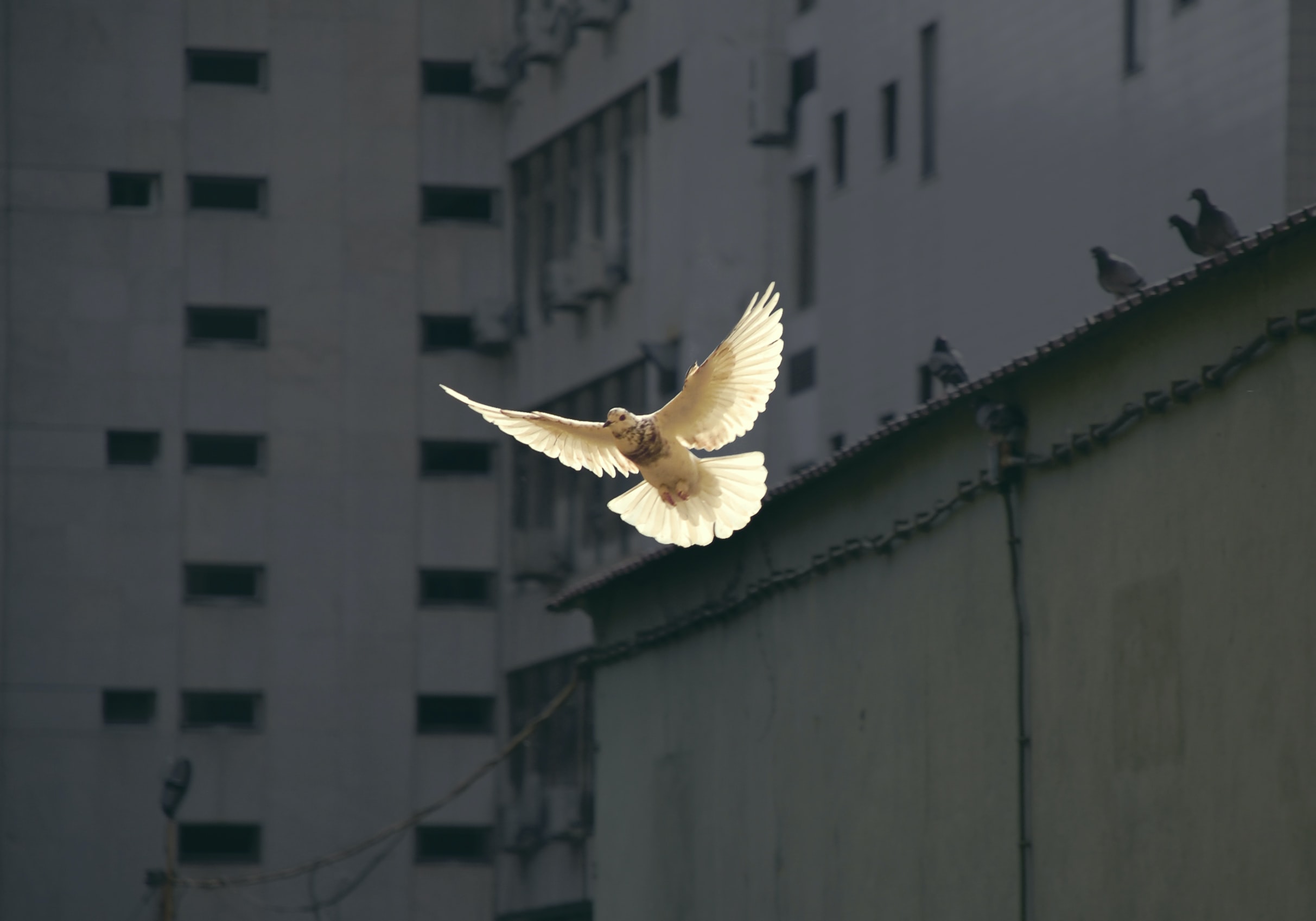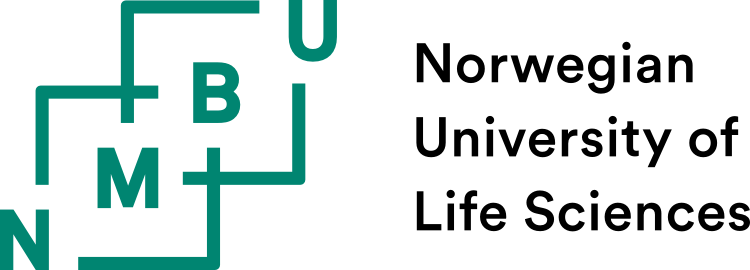War, climate change, gender oppression: Just casual notions of the world we live in? “Bloody Headlines” cannot be accepted as a given reality, they must be hatched and sprouted with new seeds. I argue novel ideas must replace incumbent regime ways of thinking, where students are important actors with agency and responsibility to create change.
Inspired by my colleagues at the Center for Community-Based Policing and Post-Conflict Police Reform (ICT4COP) latest posts, I want to dedicate this post to all the students working towards a sustainable future of peace, prosperity, and security for all. Afterall, many agree students play an important role in the world’s future development. Perhaps with few exceptions such as Norway’s minister of education and research? Irony aside, we cannot accept the status quo of Bloody Headlines.
Now, what are the Bloody Headlines? In Iran, demonstrations are spreading in the wake of the barbaric murder of 22-year-old Zhina Mahsa Amini, beaten to death by the Iran regime’s morality police for wearing a hijab inappropriately. Women are cutting their hair and throwing off their hijabs, and men are joining them in their protest against the government. The regime and pro-government protesters have responded accordingly with violent crackdowns. At the time of writing, 76 have been killed.
In Russia, uproar is spreading throughout the vast country in response to the regime’s “partial mobilization” and forced conscription for the invasion of Ukraine. Reports coming from independent sources show innocent civilians, such as students forced to comply with recruiting officers, sent off to the battlefield. The war is causing an earthquake of insecurity: global dis-order with food shortages, death, displacement, insecurity and human rights violations… The list goes on.
My final “Bloody Headline” goes to Pakistan where climate change consequences are erupting in the form of a megaflood, causing displacement, waterborne-diseases and death – a disaster erased as from the likes of an unsharpened pencil writing the headlines. Climate change continues to threaten human existence and security, especially of the marginalized. New, Bloody Headlines every day.
Bloody Headlines are repetitive and mass-consumed, although many common traits are found repeatedly such as war, gender oppression and climate change. So, what is the student’s role in all of this? We may subjugate to impotence, but we shall rather take action. Many of today’s problems are caused by incumbent regimes operating in strict structures interested in a status quo. I believe students must be frontrunners to carry on new, novel and niche ideas outside existing regimes. we must acknowledge both the agency and responsibility we hold to create change, being idealistic not realistic.
To clarify, as students and interns at the ICT4COP Center we have learned why top-down security sector reform interventions have failed. The Center develops and applies novel approaches to address current and emerging challenges in policing, security, and police reform in difficult contexts. We cannot only think of state security, context must be accounted for such as human security which focuses on people’s needs. The ICT4COP Center has conducted thorough interdisciplinary research in cooperation with international police experts, NGOs and civil society allowing for new perspectives to come through. I argue actors such as the ICT4COP Center play a pivotal role in allowing innovative and new ideas to diffuse into damaged regime ways of thinking, being forerunners towards better approaches.
Students are not armed with weapons, but we certainly carry a lot of knowledge. Should we believe philosophers such as Micheal Foucalt, knowledge is power. So, the moral of my story is Bloody headlines are nothing new – whether it be gender oppression, war, or climate change. It is time to rethink and allow for new ideas to replace incumbent regimes to enhance security and say farewell to the Bloody Headlines.
Azadi, Svoboda, Freedom!
Disclosure: the views expressed are my own.
Jacob Handegaard Skrogstad, student intern at the ICT4COP Center, NMBU.


